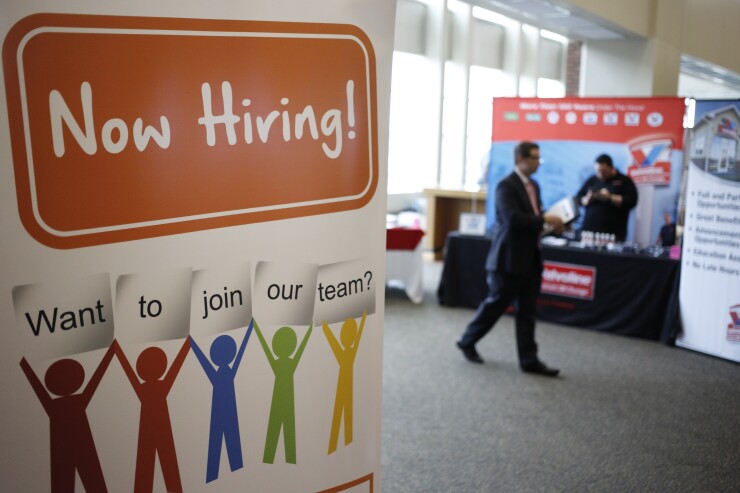Two decades ago, a landmark study showed job applicants with “Black-sounding” names were less likely to hear back from employers. In 18 years, despite a boom in unconscious bias training and
Researchers from the University of California, Berkeley and the University of Chicago sent 83,000 fictitious applications for entry-level job postings to 108 Fortune 500 employers, using randomly assigned and racially distinctive names. They
But differences in contact rates varied substantially across firms. About 20% of the companies were responsible for roughly half of the discriminatory behavior in the experiment, according to the working paper recently published by the National Bureau of Economic Research.
Read more:
“Racial discrimination appears to be widespread among the jobs posted by these firms,” wrote authors Patrick Kline and Christopher Walters of Berkeley and Evan Rose of Chicago.
In 2003, University of Chicago economist Marianne Bertrand and Harvard economics professor Sendhil Mullainathan carried out a
The latest findings come in the midst of a boom in corporate bias training and
Read more:
The authors of the new study said that having fewer people responsible for contacting job applicants results in less discrimination on the basis of race or gender when it comes to who gets called back. But they noted that “such changes may also simply postpone discrimination to a later stage of the hiring process.’’
— With assistance from Steve Matthews.






